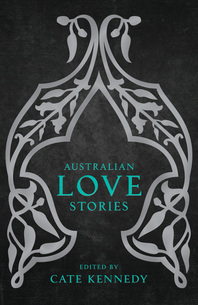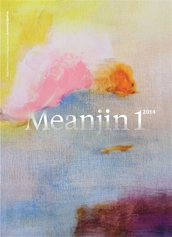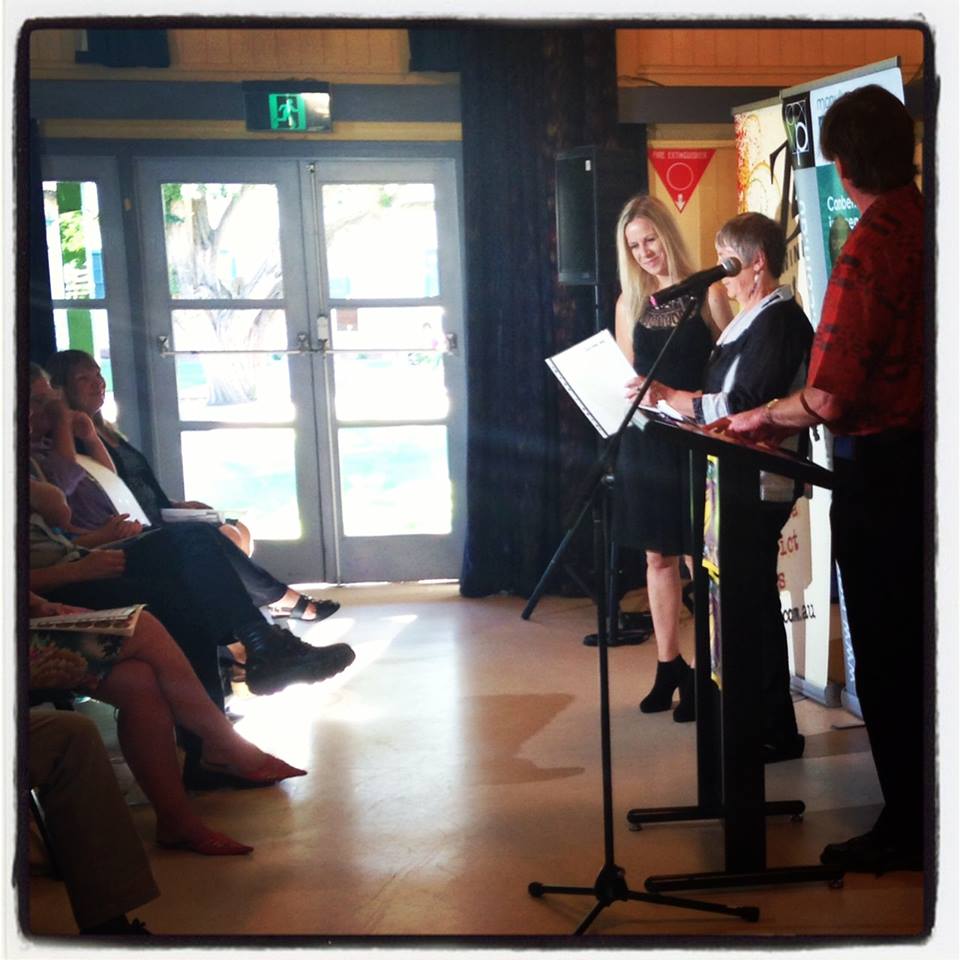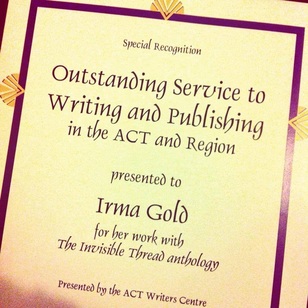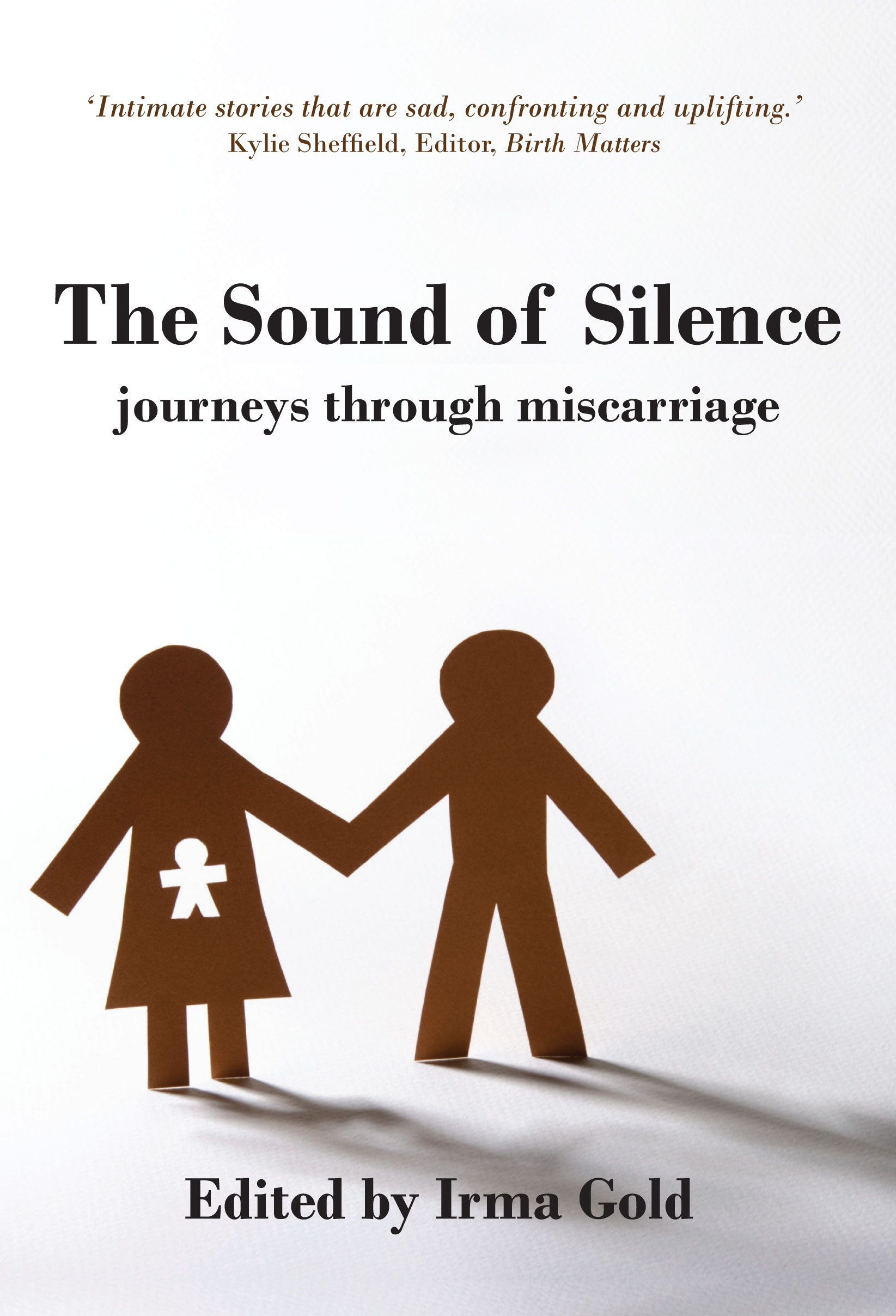 As today is International Pregnancy and Infant Loss Remembrance Day it seems appropriate to repost this interview Rhiza Press did with me about The Sound of Silence and my experience of editing the anthology.
As today is International Pregnancy and Infant Loss Remembrance Day it seems appropriate to repost this interview Rhiza Press did with me about The Sound of Silence and my experience of editing the anthology.
The Sound of Silence is an anthology of 22 women’s stories of miscarriage. Described by Parenting Express as an ‘achingly beautiful collection’, the anthology has garnered praise from organisations like SIDS and Kids and TLC Pregnancy and Infant Loss Support Australia. Even Birth Psychology, the journal of the Association for Prenatal and Perinatal Psychology and Health, USA, had this to say: This book is recommended for anyone who has experienced a miscarriage, but more importantly, for anyone working with childbearing families and others in society who have not experienced a miscarriage. No one can read this book and not gain a deeper understanding the impact an early pregnancy loss can have. It is seldom ‘just a miscarriage’…The Sound of Silence takes the reader through what can often be the shadow parts of this journey in a deeply moving and honest way. We all can benefit from the wisdom and experience of the stories captured and shared here. This book is a very good addition to the library of anyone drawn to the field of prenatal and perinatal psychology.
As the book continues to help men and women through their experiences of pregnancy loss, we spoke with The Sound of Silence’s Editor, Irma Gold.
What was your original inspiration behind bringing this book together?
When I was 12 weeks pregnant with my third baby I miscarried. The loss felt huge, and in processing my grief I wanted to talk and talk and talk. But I quickly realised that it wasn’t a subject most people felt comfortable discussing. Because I’m a writer and editor, an anthology of miscarriage stories seemed like an obvious thing to do. I wanted to break the silence that surrounds miscarriage. And I wanted to offer other women some support in the only way I knew how. But something else happened, too.
Read More »THE SHADOW PARTS
As I immersed myself in this project, as I surrounded myself with others’ heartbreaking stories, I found myself letting go. My miscarriage was over four years ago now. I had to look back at an old diary to work that out. It’s a marker of how I no longer feel sadness. But I know this is also partly because since then I have had another baby. That fourth pregnancy was tough. There was so much love and so much worry. I remember reading submissions for The Sound of Silence — so many of them — while I was pregnant with him. I was grateful to be far enough along that I could feel him kicking. Otherwise I think fear may have consumed me.
That baby is now a gorgeous three year old and I can’t imagine life without him. Without my miscarriage, he would never have been. That’s a strange thought. I find that Clare McHugh’s words in her story ‘Unexpected’ now resonate more fully: ‘There is no use fighting losses, not even fighting to understand them. Only acceptance and gratitude for the rest.’ And I do feel that. Enormous gratitude for the family I have. And also gratitude for all those strong women and men that I have met through The Sound of Silence. That’s a gift that our lost baby gave me.
What has been the most encouraging moment since the release of the book?
There have been so many; every time someone takes the time to email me or comes up to tell me why the book has been important to them or someone they know. Many readers have shared their own stories with me which has been both moving and humbling. And comments like this one from reader Charmain mean everything: ‘I have just sat and read this book from cover to cover! As a mum of two (six, including my angel babies) these stories touched my heart and soul in a way that no other books about pregnancy loss have.’
Perhaps I can share one of the many stories that was related to me. One lady gave a copy to her son and daughter-in-law who had had several miscarriages and no children yet. This couple talked to no one about their miscarriages. On receiving The Sound of Silence the daughter-in-law put it on a shelf and didn’t look at it. It wasn’t until two months later that she opened the book and read every story. She then thanked her mother-in-law for the gift — no easy acknowledgment — and asked her to pass on her thanks to all the writers. She felt unable to discuss her miscarriages with those around her, but the women in The Sound of Silence spoke to her from the page, offering comfort.
What has surprised you the most about the book’s reception?
I was both surprised and delighted when The Sound of Silence won the ACT Writing and Publishing Award for Non Fiction. I didn’t expect that at all. A book about miscarriage seemed such an unlikely winner. But it was the judges’ comments that I found most heartening. They wrote: The Sound of Silence was the stand-out winner on every level. This book proved to be compellingly readable, boasted good production design and evidenced careful, respectful editing. Although neither of the judges initially expected to be taken by this volume, both ultimately found it absorbing and uplifting. The writing was of the highest quality and deserves a readership well beyond its niche market. In short: An inspirational book and a clear winner.
It wasn’t the praise that struck me most, though of course that was gratifying, it was the fact that both judges shied away from the idea of a miscarriage anthology (one of the judges later told me that they deliberately left it until last because they couldn’t face reading about such a sad subject) and yet when they finally picked it up they found it ‘absorbing and uplifting’. That was the real win.
I have since discovered that others have had a similar reaction. Those who have experienced miscarriage have sometimes approached the book with reservations about the way it might potentially affect them. As one reader wrote: ‘I have just finished reading The Sound of Silence. I must admit it sat on my bedside table for a couple of days before I found the courage to open it. I was anxious about the emotions it might stir up within me. It is a brilliant book, it allowed me to realise I am not alone in my grief and the feelings I experienced are so normal.’
So my hope for this book is that both women and men will continue to find The Sound of Silence when they need it and have the courage to dive in.
This interview was originally published by Rhiza Press here. The Sound of Silence can be purchased online here (e-book also available).
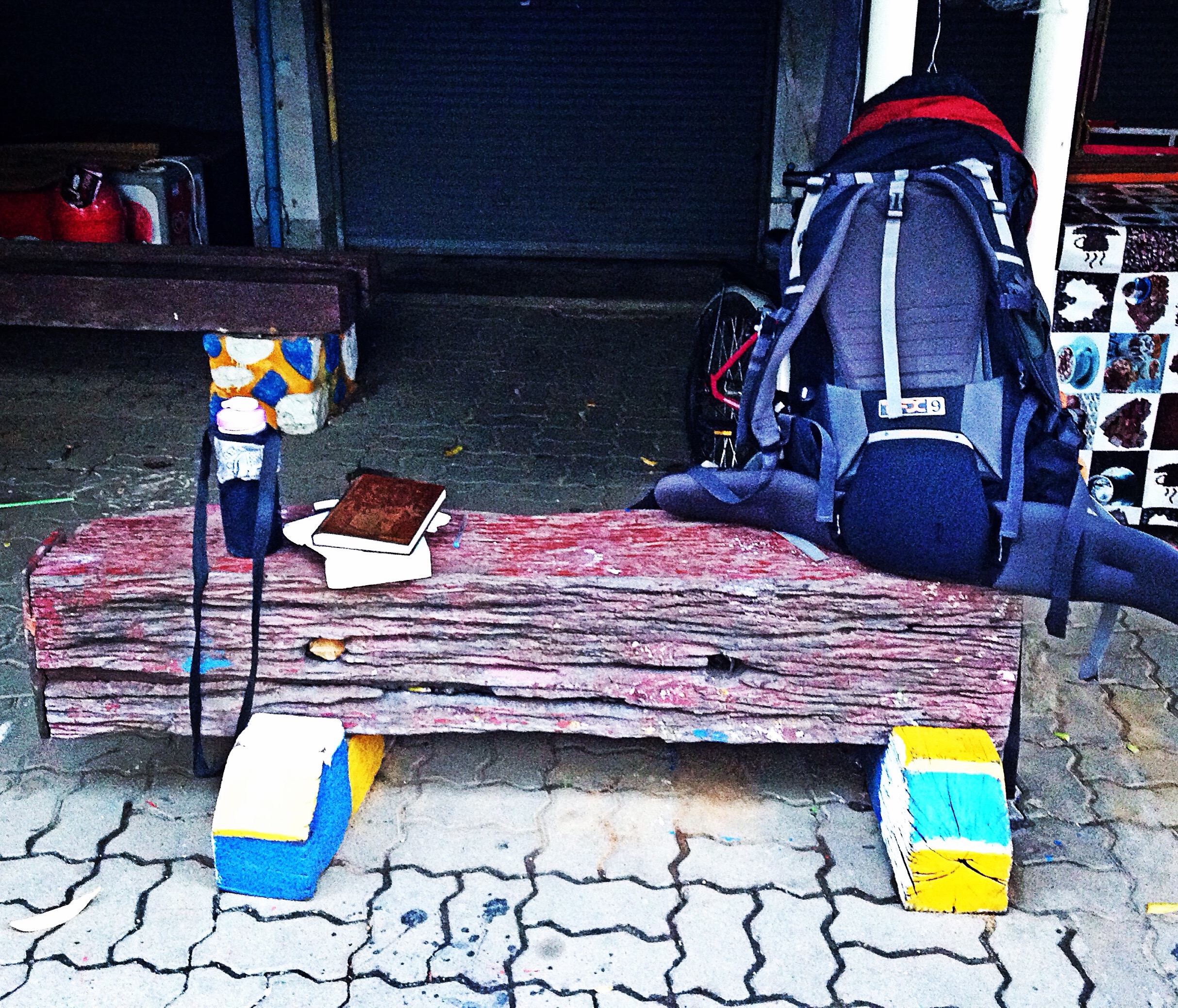 In 2016, at the end of a solo three-week trip through Thailand, I was sitting on this bench at Kanchanaburi station when I began scrawling down a story in my notebook. Writers are always asked where their ideas come from and it’s the most difficult question to answer because, for me at least, they have complex and elusive origins. In this particular moment the motif of the train line struck me, but that’s as much as I can explain. Where the characters and their story came from I don’t know. But as Paul Murray says, ‘When the right idea comes along, it’s like falling in love.’ That’s how I felt with this story, even though my characters are falling out of love.
In 2016, at the end of a solo three-week trip through Thailand, I was sitting on this bench at Kanchanaburi station when I began scrawling down a story in my notebook. Writers are always asked where their ideas come from and it’s the most difficult question to answer because, for me at least, they have complex and elusive origins. In this particular moment the motif of the train line struck me, but that’s as much as I can explain. Where the characters and their story came from I don’t know. But as Paul Murray says, ‘When the right idea comes along, it’s like falling in love.’ That’s how I felt with this story, even though my characters are falling out of love.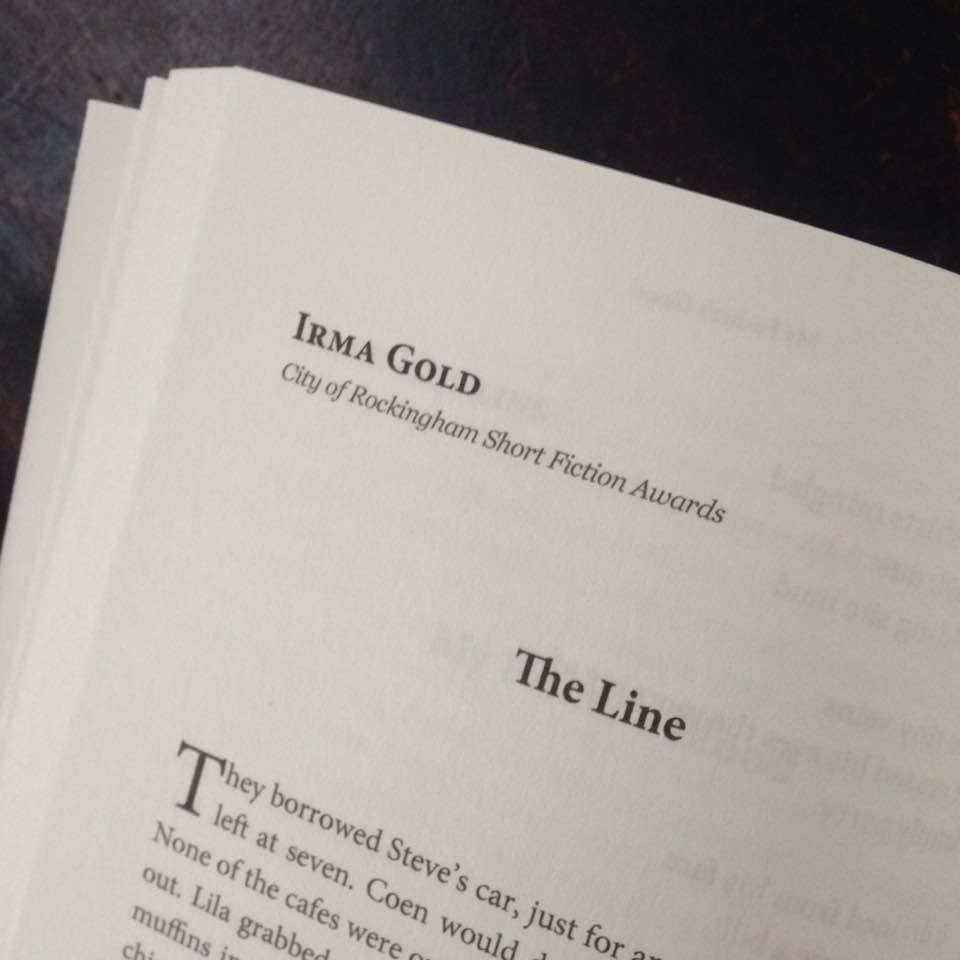 I tightened and edited the piece, by now called ‘The Line’, and gave it to my short story group who made helpful comments like ‘hope you didn’t have an affair as research’. (They may also have given some more useful feedback.) I rewrote the ending more times than I can count before I felt I’d struck just the right note. And then I sent the thing off to the City of Rockingham Short Fiction Awards. I rarely enter literary competitions these days, but the brilliant short story writer Laurie Steed was judging and there was a decent cash prize on offer. Needless to say I was thrilled when ‘The Line’ won.
I tightened and edited the piece, by now called ‘The Line’, and gave it to my short story group who made helpful comments like ‘hope you didn’t have an affair as research’. (They may also have given some more useful feedback.) I rewrote the ending more times than I can count before I felt I’d struck just the right note. And then I sent the thing off to the City of Rockingham Short Fiction Awards. I rarely enter literary competitions these days, but the brilliant short story writer Laurie Steed was judging and there was a decent cash prize on offer. Needless to say I was thrilled when ‘The Line’ won.
